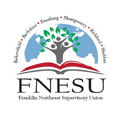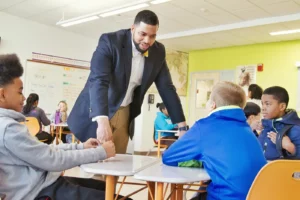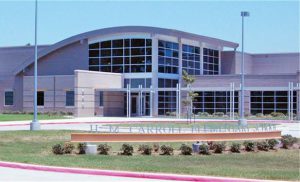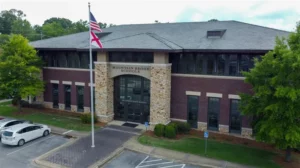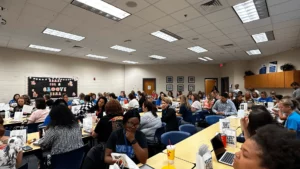Being a school district in a rural county presents unique but not unfamiliar challenges for special education departments. For example, how does a district ensure consistency among special educators in writing standards-aligned IEP goals despite the physical distance between schools and the varied levels of educator experience?
This was one of the challenges that Director of Student Services Michelle Theberge and one of the Assistant Directors of Student Services, Stacie Kittell-Godin, faced in Franklin Northeast Supervisory Union. These leaders have led the district with clear expectations and direct support through creating systems that ensure consistency in the development of writing IEPs throughout the small district that covers a large land mass.
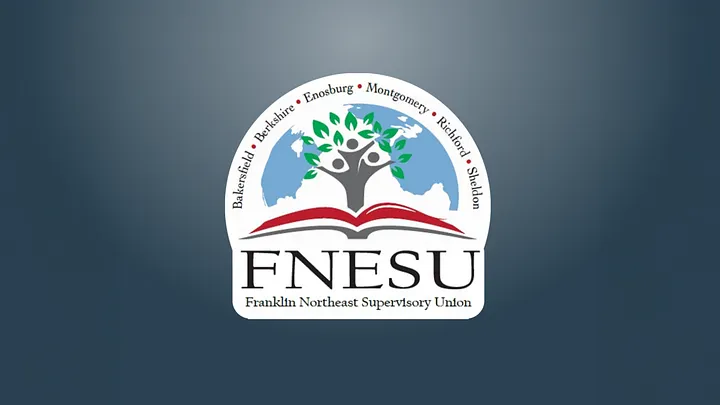
The Problems Facing a Rural District’s Student Services Program
Franklin Northeast Supervisory Union (FNESU) is a rural school district in Franklin County located in northwest Vermont. The Pre-K–12th grade district serves 1,945 students within the six towns that comprise the district.
When Michelle Theberge, Director of Student Services, started in the role, she reviewed a random sampling of IEP goals and realized the quality needed improvement.
Michelle identified a couple of issues that were contributing to the low-quality IEP goals:
- Due to the special education teacher shortage, the district has hired teachers who were not specifically trained in special education instructional practices, so they didn’t know how to write IEP goals.
- There were inconsistent expectations of IEP quality and documentation across the rural district.
Once she identified the issues contributing to the quality of the IEP goals, Michelle knew she needed to incorporate a holistic solution that could address the problem at its root by improving special educator practices and effectiveness, resulting in “educators writing better quality goals,” she said.
Previously, Michelle had worked as the District Evaluator and had experience using Goalbook Toolkit. She knew Goalbook Toolkit was a holistic solution that supports teachers and could help relieve the challenges FNESU’s Student Services was experiencing.
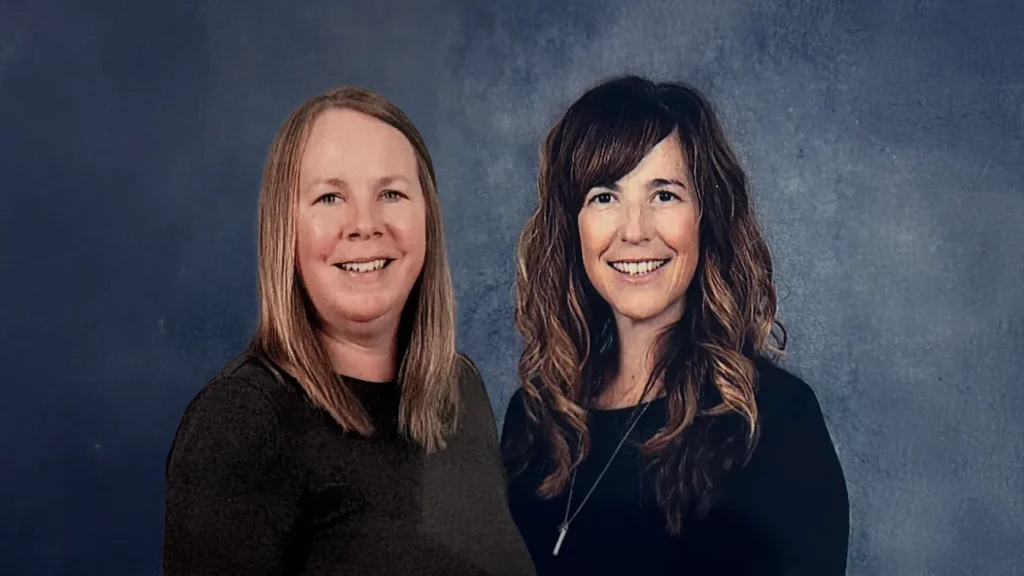
FNESU Partners with Goalbook
Franklin Northeast Supervisory Union began its partnership with Goalbook in October 2021. From the very beginning of the implementation, Michelle made using Goalbook Toolkit mandatory. Even if teachers “started small and used Goalbook Toolkit to write one goal per IEP,” Michelle expected teachers to use Goalbook Toolkit.
Using Goalbook Toolkit to support teacher practice in writing high-quality IEP goals quickly gained ground as educators districtwide “saw all that Goalbook Toolkit has to offer,” said Michelle. “They were like: This is great; this is so helpful.’”
Throughout the partnership, the district leaders have worked closely with Bethany, the District and School Customer Success Manager from Goalbook, to fully integrate the implementation of Goalbook Toolkit into the district’s established special education systems. As part of that holistic approach, they also collaborated to align Goalbook Toolkit professional development sessions to meet the district’s initiatives and special educators’ needs.
FNESU Embeds Goalbook Toolkit Into Its Existing Systems
The FNESU Student Services district team has created systems that support special educators and develop consistency and collaboration throughout the district. To maximize the impact of Goalbook Toolkit on improving educator practice and effectiveness across the special education process, FNESU incorporates Goalbook Toolkit into the following systems:
- Academy Days
Once a month, on an early-release Tuesday, Michelle and Stacie lead district-level trainings for all special educators. They work together before the school year starts to plan these trainings and topics. Furthermore, Michelle and Stacie consider opportunities for ways to weave Goalbook Toolkit into the Academy Days.
As part of Goalbook’s holistic approach to partnering with districts, District and School Customer Success Manager Bethany has come to Academy Days to support special educators in leveraging Goalbook Toolkit to connect with the specific topics Michelle and Stacie have planned.
Michelle and Stacie also provide time during Academy Days for educators to practice using Goalbook Toolkit together. This helps them identify areas where special educators need more support.
- Mentoring Special Educators
To help recruit special educators to the district, FNESU provides a one-on-one mentoring experience. Stacie, the Assistant Director of Student Services, regularly spends time supporting each special education teacher in the district.
During these mentoring sessions, Stacie reviews topics covered in Academy Days, and she uses Goalbook Toolkit to reinforce the learning. She uses Goalbook Toolkit as a coaching tool to help “create better IEP goals with aligned progress monitoring tools to support specially designed instruction,” Stacie said.
“I know all school districts can’t have someone like Stacie meet one-on-one with every teacher, but it’s been so beneficial to us and our teachers,” said Michelle.
For additional support to special educators in the geographically dispersed buildings across the district, Stacie supports teachers’ growth by using Goalbook’s on-demand training videos and professional development webinars. Stacie said, “The videos are succinct, specific, and easily accessible.”
By incorporating Goalbook Toolkit into their existing systems, FNESU’s Student Services has seen an impact not only in their own department but district-wide as well.
Impact on Student Services
FNESU’s partnership with Goalbook started with supporting special educators in developing high-quality IEP goals and has also expanded Goalbook Toolkit’s use to improve teacher practice in baseline assessments, progress monitoring, and the designing and delivering of instruction.
Baseline Assessments and Progress Monitoring:
Before Goalbook Toolkit, teachers were “trying the best they knew how to write goals, but didn’t have the knowledge and resources,” said Michelle. It was difficult for teachers to point to baseline data or to calculate a student’s rate of improvement.
However, with the help of Goalbook Toolkit’s resources and professional development, teachers are now progress monitoring with assessments aligned with the specific IEP goals. They now understand how to use the data to improve specially designed instruction.
Data collection and progress monitoring has also been helpful for Extended School Year (ESY). Stacie said, “having data readily available has helped target skill areas and decrease regression” for students needing ESY.
Designing and Delivering of Instruction:
Goalbook Toolkit supports educators in planning and recording the work they are doing to monitor a student’s progress. As a result, special educators in FNESU are reporting they can design and deliver more effective specially designed instruction because they have higher-quality IEPs that “serve as a map of sorts,” said Stacie.
The district leaders also believe that Goalbook Toolkit has improved instructional practice through supporting teachers in developing higher quality impact of disability statements that explain how a student learns.
Michelle said: “Knowing how a student’s disability affects a student in an academic environment allows educators to hone in on specially designed instruction that directly addresses a student’s area of weakness.”
District-Wide Impact
Collaboration Between Special and General Education Teachers:
Michelle and Stacie agreed that special educators are collaborating with classroom teachers in a more effective way because they feel “confident about the IEP goals that are created. They also have supplemental supports to share with general education teachers.”
Goalbook’s District and School Customer Success Manager Bethany trained special educators on how to share specific resources with general education teachers through links to Goalbook Toolkit. By providing targeted supplemental supports, special educators have gained more credibility and collaboration with their peers. In addition, paraprofessionals supporting students in general education classrooms are using these resources to practice skills with students.
Having resources from the unified source of Goalbook Toolkit has aligned the teaching between special educators and general educators and supported student outcomes.
Consistency Across the Rural District:
Goalbook Toolkit’s holistic solution has also established consistency in special educator practices, including IEP documentation among special educators across the rural district, which is what Michelle and Stacie aimed to do.
“I want the same opportunities for all kids,” said Michelle. “A student in one town should have the same opportunities, progress monitoring, and goal setting as a student that’s across the rural district, in a town an hour away.”
Takeaways from FNESU
As a rural district, Franklin Northeast Supervisory Union had challenges in improving special educator practices and effectiveness districtwide. Specifically, special educators struggled in developing high-quality IEP goals and lacked consistency across the entire special education process. This led to a partnership with Goalbook.
The Student Services leadership team has existing systems of support for all their special educators, and they leaned into their partnership with Goalbook to embed Goalbook Toolkit resources, professional development, and support into those systems. This has addressed their challenges at the root by improving instructional practices and educator effectiveness throughout the special education process. Consequently, the quality of present levels, goals, and specially designed instruction has improved. Additionally, there is now consistency and collaboration across the district because special educators are all accessing and using resources from the same tool.
“We have a great group of special educators who are super flexible and want to learn,” said Michelle. “People are here for the right reason and want to see kids improve. And they’re super thankful to have a user-friendly solution like Goalbook Toolkit to support them in their growth as educators and work helping students succeed.”
Michelle continued: “I’m proud of the educators using Goalbook Toolkit which is giving students opportunities to grow in ways that I’m not sure they would have otherwise. Goalbook Toolkit builds equity.”
